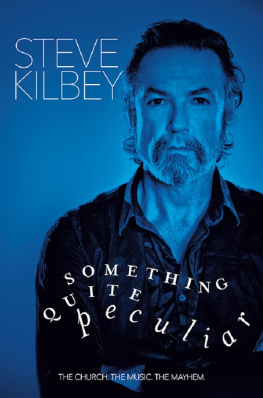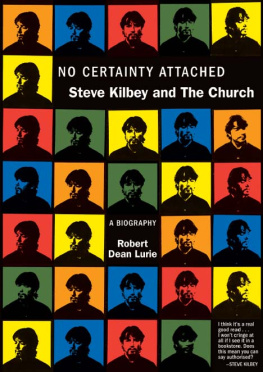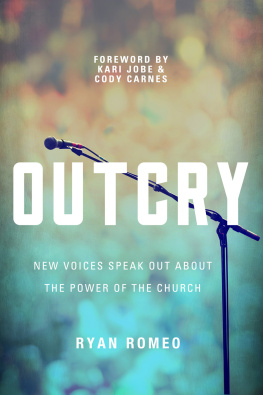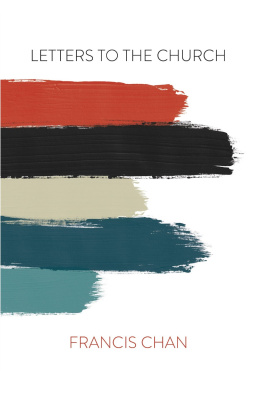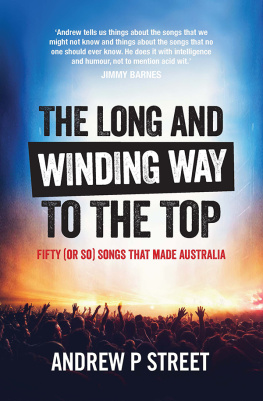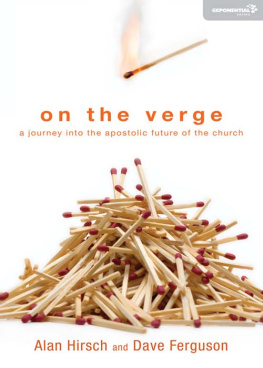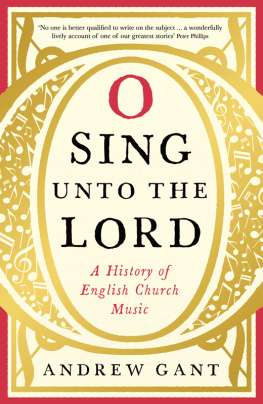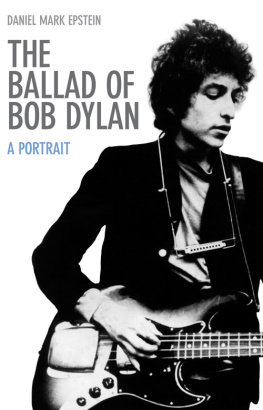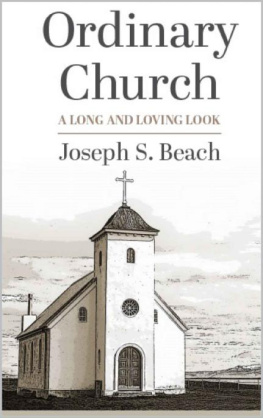Steve Kilbey began his professional music career when he was 17. He played in several bands before forming The Church in Sydney in 1980. After some initial success, Kilbey and The Church shot to international fame in 1988 when their album Starfish, featuring the song Under the Milky Way, rose to the top of the music charts in both Australia and the US.
Kilbey has collaborated with a vast array of musicians on various projects and has produced a number of solo works as well. He is also a painter, poet and music producer.
In 2010 The Church was inducted into the ARIA Hall of Fame.
Steve Kilbey currently lives in Bondi, Sydney.

To God, for giving us so much unbearable talent!


ITS 2010, AND Im sitting here at the ARIA Hall of Fame induction ceremony. My band, The Church, is being let in. Theyve even brought the famous journalist George Negus to induct us into the non-existent hall. Im sitting between my mother and my brother Russell; Im here reluctantly I must admit. Im not looking forward to proceedings. I dont as a rule like award ceremonies. Ive always felt as if I didnt need some boozy industry accolade to justify my contribution to Australian rock, whatever the hell that means. Yet here I am, sitting at a big table in the Hordern Pavilion, trying to cope with the not-very-good vegetarian option, and also looking after my old mum and making sure shes having a good time. Im chatting with everyone as they drop by our table to offer up congratulations. You know what? That isnt really my cup of herbal tea either all that back-slapping and stuff ? All that fakery and big noting? What has that got to do with music?
No, I havent been looking forward to this at all. My band and I havent talked about it much between us weve been offered it a few times before and turned em down, but now everyone reckoned it behove us to do it. So here I am. Everyone in the band has said we shouldnt have a speech, so I dont have a speech. OK, that was the easy part, not having a speech
But as the awards progress all the other inductees make very gracious and heartwarming speeches that go down a treat. And its becoming increasingly obvious that well be considered churlish if we dont at least say something. Its not going to be good enough to let the music do the talkin, as wed planned. The occasion demands a speech. And its going to fall on my bony shoulders to deliver it! Tim Powles our drummer and the new boy in The Church has perceived exactly the same thing: the necessity of a speech. He takes me backstage and pours me a tiny nip of my favourite liqueur, Unicum Zwack from Hungary. A little drop goes a long way in refreshing your attitude.
Youre gonna have to say something! Tim says. Yes, fuck it all, I am! The only reason I came here is because they said I wouldnt have to give a speech and now, with about fifteen minutes to go, its become very apparent that a speech is expected. A speech thats funny, and engaging, and all the other stuff an occasion like this warrants. Slightly emboldened by the Zwack, I sit back down between my mother and brother and go to work in my head trying to construct the perfect acceptance speech. Time is running out as I hurriedly try to chuck together in five minutes what I shouldve been composing over the past five months. Typical Kilbey, typical The Church. The final nail in the coffin of my perfect speech is Lindy Morrison, good friend and drummer in The Go-Betweens. Seeing me sitting there slack-jawed and still as I mentally try to get a magnanimous and eloquent speech together:
You better say something! Lindy says in her no-nonsense manner.
I will, I reply, trying to ignore her well-meaning interruption.
What are you gonna say? she asks.
Um, I dunno something. I mumble, trying to concentrate.
But what will it be? she asks again.
I dunno! Im trying to think of something!!
We go on like this for a while until I notice George Negus motioning us up to the stage. There are cameras and lights and people shaking my hand and slapping me on the back. Suddenly Im up at the old podium being handed my pointy triangular golden award; I turn and face the audience. I can see my mum and brother wondering what Ill say. Will I ungraciously and ungratefully blow it? I can see other musicians and managers and agents and publishers and hangers-on, and the merely curious onlookers whove paid to get in. All of em sitting there waiting for the last guys up to explain themselves and accept their award. There is absolutely no way a simple thank you will suffice.
So I just start saying the first thing that comes into my head, and I keep going for fifteen minutes and then I stop. Somehow I manage to wax forth, and my words make them all laugh and clap and cheer. And in the middle of the whole thing Michael Chugg, who once managed us, yells out a very pertinent question as he observes all the mirth and merriment my speech is causing: Why couldnt you have been like this 25 fuckin years ago?! he demands to more cries of laughter.
Yes, thats a very good question. Why does it take someone so long to arrive and be what they couldve been all along? Chuggy had managed me during my insular, confused, sulky stage, which preceded my arrogant and blas stage, which gave way to my ugly junkie phase, which in turn begat my eccentric uncle phase the one Im currently in.
The answer to Chuggys question is perhaps blowing through the pages of this book.
Dont write about your fucking childhood, no one wants to read that!
Greg Dulli, 2013
Just before Christmas in 1960 I had a deep lucid dream that I was flying around our neighbourhood on a warm night at about eleven oclock. In the dream I felt such an incredible deep sense of warmth and satisfaction; I felt something so beautiful, so comforting that I will remember it until I die. It was a dream of my true home, whatever that means.
MY MOTHER AND father met in London just after World War II. My father, at 23, had seen action in Europe and just been demobilised from the Royal Marines. My mother ( Joyce Bennett, no middle name) was sixteen and had spent the last five years dodging bombs. She was one of eight children, and her parents were working-class, left-leaning, no-nonsense types. She had a crowded, damp, cold and scruffy war-torn childhood, and was a bit frustrated because she had more going on inside her than would ever have been possible for her to realise in those days.
My father was Leslie John Kilbey and nobody knows much about his childhood not even Joyce; Ive quizzed her on it a few times. He was one of two kids and his father (Stephen John Kilbey) died when Les was only sixteen. Les taught himself the piano and drums and photography and painting, as well as how to fix stuff like washing machines and fridges. He was also a bit of a comedian with such great lines that I still use many of them to this day, and theyre getting as good a laugh as ever.
My mothers initial opinion of my father wasnt that high; she thought he was a pushy type with tickets on himself. (Who does that remind you of, already?) When I see photos of Joyce as a young woman I can easily see why Les fell for her: she was quite a curvy buxom old-style stunner. Les was a handsome devil too, no doubt about it. They both looked a bit like film stars I was always very proud of them when they turned up at school for open day.

